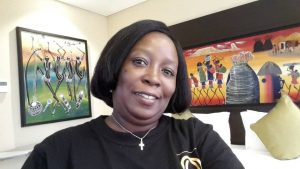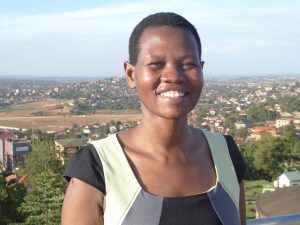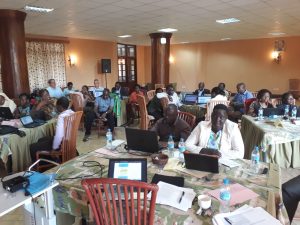East African context is important for appropriate higher-education frameworks in the region
Dr. Jennifer Sesabo of Mzumbe University in Tanzania shares her experiences from working on quality assurance initiatives across East Africa and the importance of understanding and addressing local contexts for effective and sustainable projects. Contextual understanding across four institutions in Uganda and Tanzania also underpins the TESCEA approach to ensure that changes to curricula and pedagogical approaches are appropriate and help enable students to leave university with the skills needed for the workplace and wider society.




